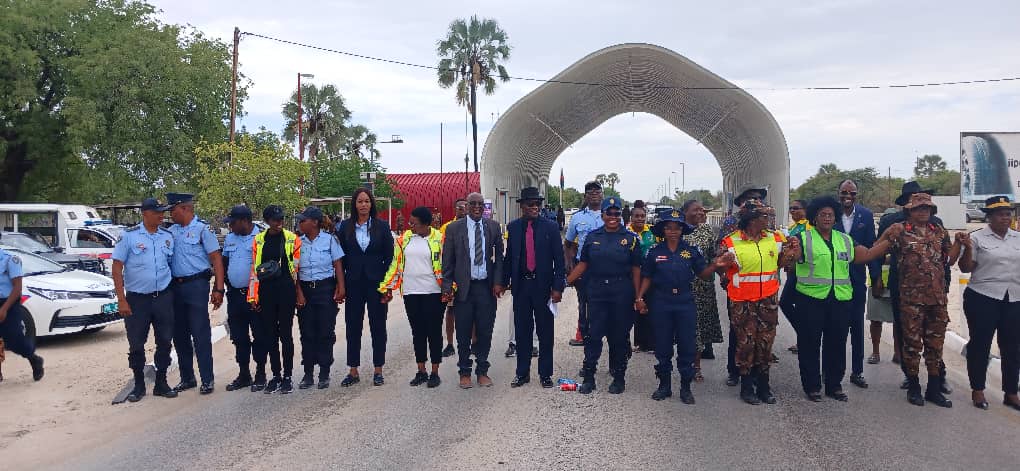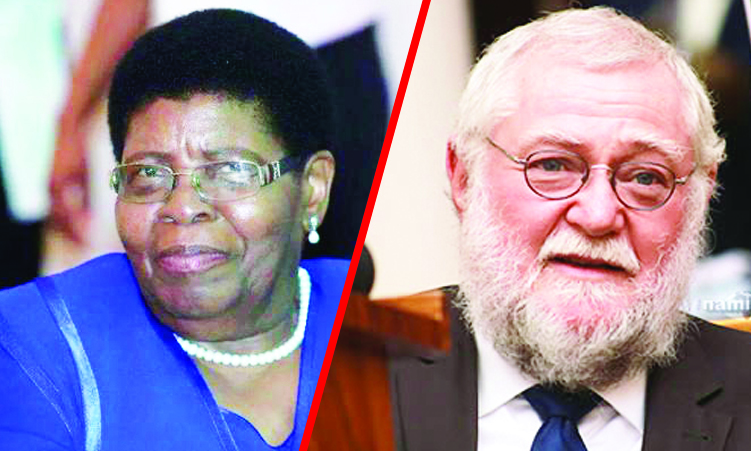THE executive director in the Ministry of Environment, Forestry and Tourism says the ministry regards environmental education (EE) and education for sustainable development (ESD) as tools to support environmental protection and biodiversity conservation in Namibia.
Teofilus Nghitila made these remarks in a speech read on his behalf by the deputy director for multi-lateral environmental agreements in the ministry, Peter Muteyauli, at a two-day national stakeholder consultative workshop on the national strategy and action plan for the implementation of the EE/ESD policy for Namibia, held in Windhoek recently.
Nghitila said the ministry is the coordinator for environmental issues in the country and therefore regards EE/ESD as a vehicle for environmental protection and the conservation of biodiversity.
Nghitila said the ministry has a functional environmental education awareness programme to raise awareness on environmental issues.
The main objective of this programme is to develop environmental skills and change the attitudes for our citizens towards sustainable production and consumption,” said Nghitila.
The EE/ESD policy (2022-2026) was launched last year and its implementation is being spearheaded by the EE/ESD task force, whose overall goal it is to foster the implementation of the EE/ESD policy, assist in mobilising financial resources and develop strategic partnerships dealing with leading environmental and sustainable organisations.
Specific objectives of the workshop were to gather broad stakeholder input, take stock of past, existing and planned activities across all relevant sectors, to outline the strategy and action plan for the policy.
Waldo Junius from the Namibia national committee for the United Nations Education, Scientific and Cultural Organisation (Unesco) said Namibia is a key player in the field of EE/ESD and is one of only two countries which has in place EE/ESD policies.
Education for sustainable development is defined as education that encourages changes in knowledge, skills, values and attitudes to enable a more sustainable and just society for all.
It is aimed at empowering and equipping current and future generations to meet their needs using a balanced and integrated approach to the economic, social and environmental dimensions of sustainable development.
Stay informed with The Namibian – your source for credible journalism. Get in-depth reporting and opinions for
only N$85 a month. Invest in journalism, invest in democracy –
Subscribe Now!






